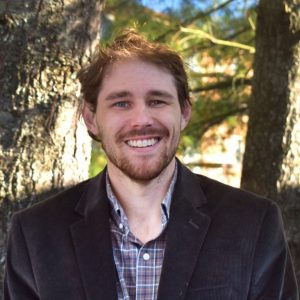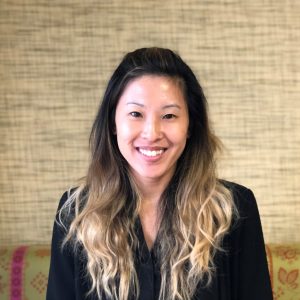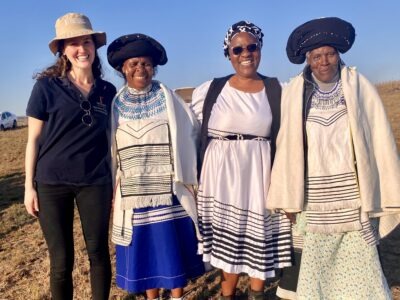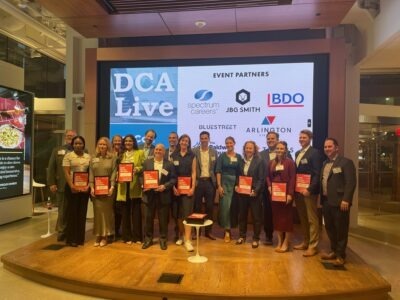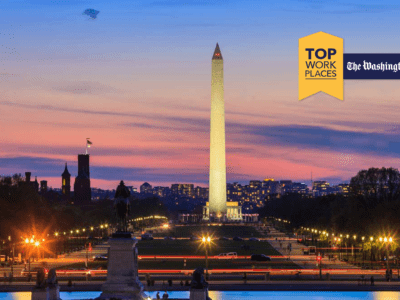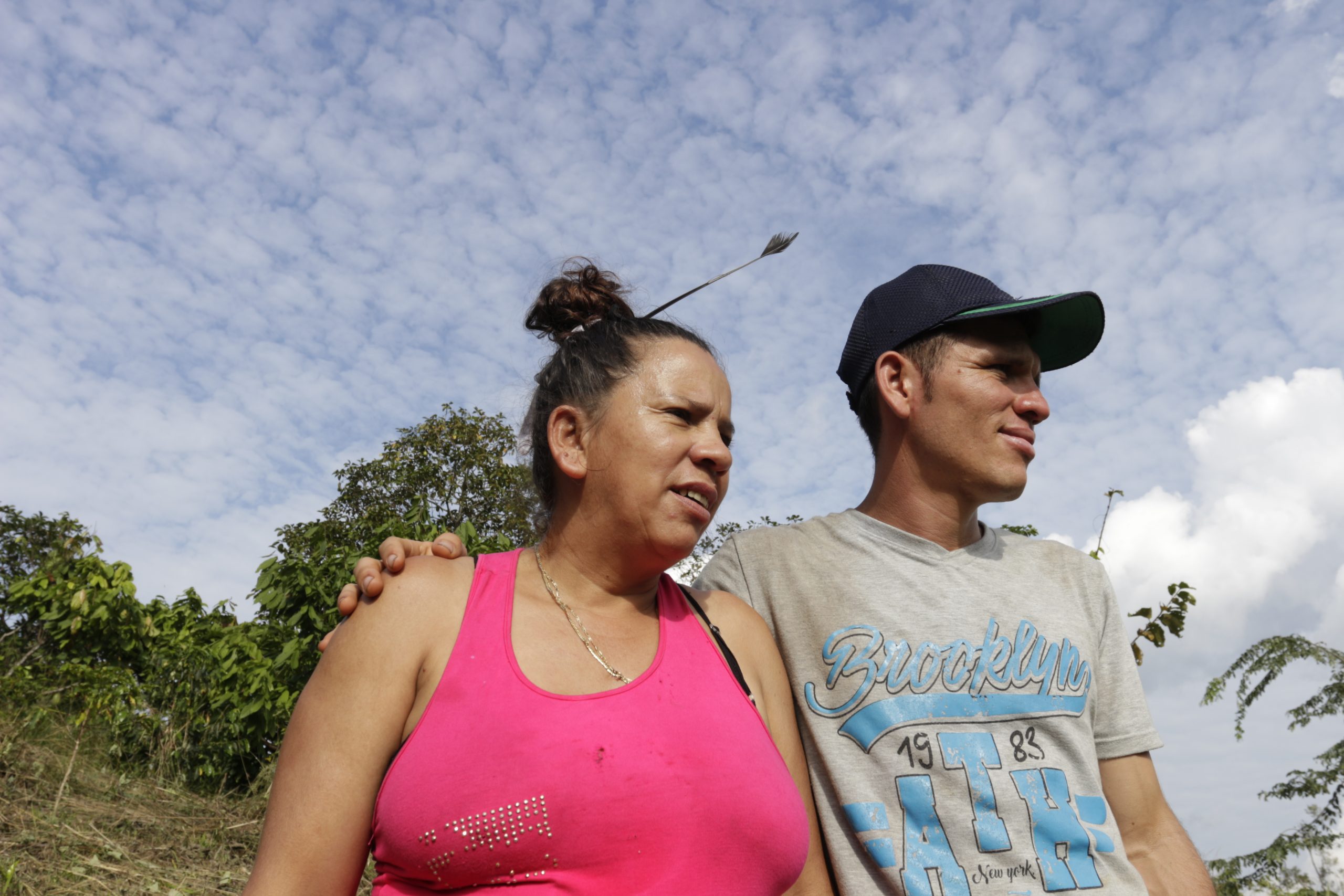
By Katherine Ko, Daniel Sumner, and Melissa Matlock
Decades of conflict may have divided Colombian communities, but a 2016 peace deal between the government and Revolutionary Armed Forces of Colombia (FARC) ushered in the chance for reconciliation, both socially and economically. The USAID-funded Program of Alliances for Reconciliation (PAR), which ACDI/VOCA implemented from 2016 to 2022, worked to remove obstacles to economic inclusion among marginalized Colombians.
PAR connected communities with public and private sector groups and promoted entrepreneurship and more inclusive business practices and organizational cultures. Over five years, 36 percent of female participants, 37 percent of youth participants, and 32 percent of members of minority ethnic groups increased their incomes thanks to several approaches and interventions.
Women Entrepreneurs “Decide to Be Powerful”
Throughout Colombia, many women face barriers to accessing loans, education, and marketing, which inhibits their ability to build businesses and take advantage of current market opportunities. In partnership with the Mujer Rural Emprendedora (Rural Woman Entrepreneur) project, implemented by Sociedad de Agricultores de Colombia (Colombian Agricultural Society), PAR supported 172 women entrepreneurs from eight rural municipalities to help them become more competitive in their unique markets by strengthening their technical and professional skills in areas like finance, negotiation, operations, and digital marketing.
These women also completed DecidoSer Poderosa, which translates to “I decide to be powerful.” DecidoSer Poderosa is an adapted version of ACDI/VOCA’s psychosocial support methodology DecidoSer. Through workshops and discussions, they learned about gender stereotypes regarding care work that overburns women. They also created their own communications strategies to engage their partners and families to take on more care work and shift responsibilities. In the process, many women developed a greater sense of agency and self-esteem.
Once-Marginalized Youth Enter High-Demand Sectors
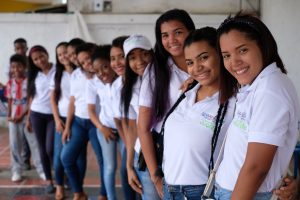
After partnering with 1,700 private sector companies, PAR developed an employability model that would support youth who struggled to access formal jobs. A targeted assessment of different economic sectors helped PAR determine which sectors had the highest potential for growth and met the expectations and interests of youth.
PAR then designed specialized technical training programs with companies and training institutes. The programs focused on high-demand sectors that provided the professional skills youth needed to obtain work after completing the program. Through courses in administrative support, finance and accounting, cooking, dressmaking, marketing and sales, distribution, port operations, hotel reception, ICT, and bank customer service, PAR served thousands of people, 1,142 of whom secured new employment.
Creating Inclusive Workplace Cultures
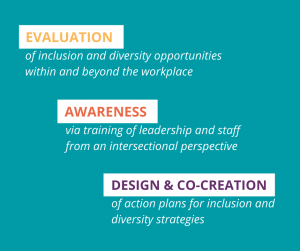
Many companies, public agencies, and civil society organizations recognize the need for greater inclusion and are willing but often unable to design and implement policies and procedures that would transform their organizational culture. Recognizing this need, PAR developed an approach to help organizations develop inclusive workspaces called INclusióneES.
INclusiónES guides organizations through three phases, each promoting a multidimensional view of the different forms of exclusion that affect social dynamics in Colombian society.
Through PAR, ACDI/VOCA partnered with 387 organizations, ranging from government agencies to private sector companies, media, and civil society, to design and implement more inclusive policies, practices, and programs.
Learn more about the Program of Alliances for Reconciliation.
Learn more about our work in Colombia.

